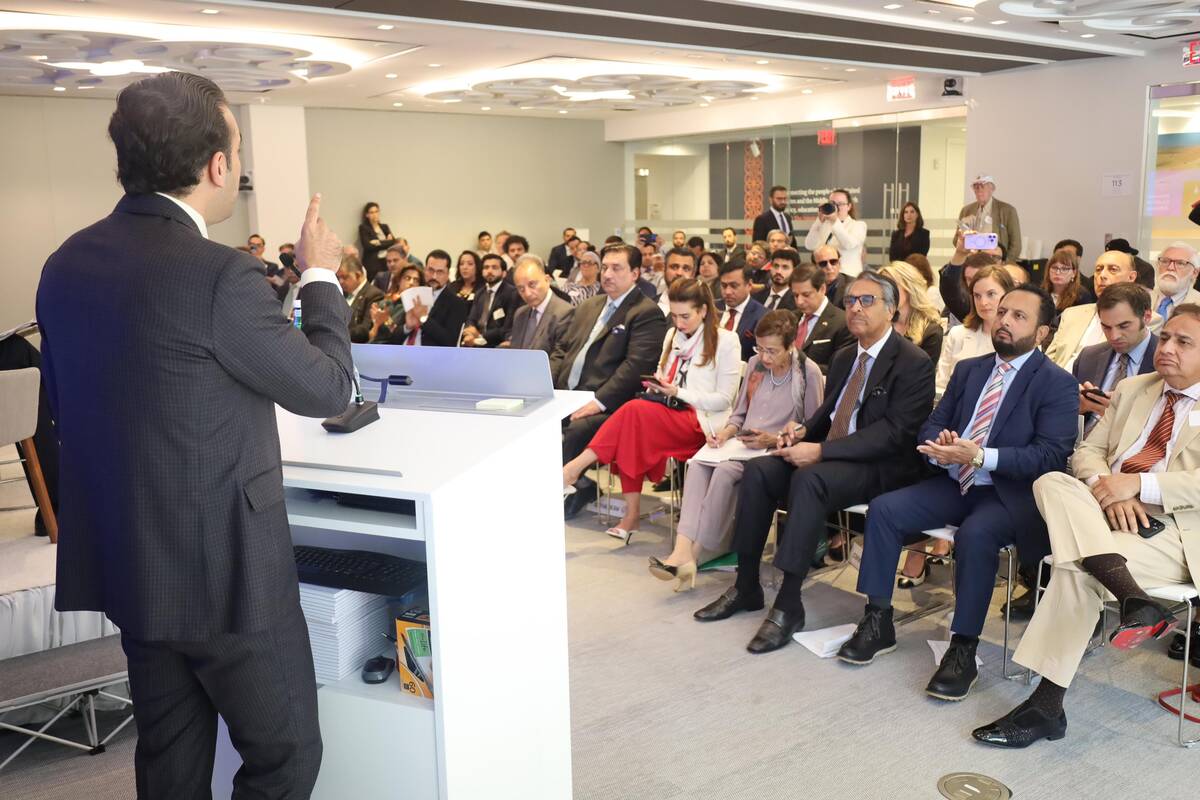DUBAI: The Pakistan Pavilion at Dubai Expo 2020 highlighted the investment opportunities, tourism potential and cultural magnificence of the country’s largest province of Balochistan throughout October, the organizers said on Wednesday.
Described as “the event of the century,” the expo kicked off earlier this month and brought together representatives of more than 190 countries.
The exhibition is the largest global gathering since the emergence of the coronavirus pandemic and will continue until April 2022.
Speaking to Arab News, the organizers of the pavilion said they decided to use “Wonders of Balochistan” as the theme of the festival’s opening month to highlight the untapped potential of the country’s biggest province in terms of land area.
“We arranged several events during October to promote the country’s largest federating unit of Balochistan,” said Afroz Abro, a senior official at the pavilion.

In this undated photo, a group of Baloch musicians can be seen performing a cultural show at the Pakistan Pavilion in Dubai, United Arab Emirates, during the month of October. (Photo courtesy: Pakistan Pavilion Management)
“The Wonders of Balochistan required us to focus on the country’s coastal belt, mines and mineral resources along with the possibility of generating renewable energy in the region. In other words, we tried to project all the strengths of the province during this month.”
The management of the pavilion also arranged cultural shows, folk performances and a number of business seminars focusing on Balochistan.
Abro said one such event centered on hi-tech business opportunities in the region, which was addressed by the provincial director of information technology who underscored the unlimited scope and potential for such businesses in Balochistan.
He also mentioned the possibility of setting up Special Technology Zones and IT Parks in Quetta, Gwadar and Hub.
The country’s Federal Board of Investment also held a two-day seminar on the Electric Vehicle Policy, while a session on carbon emissions was held by Malik Amin Aslam, Pakistan’s climate change minister, to promote the government’s Clean Green Pakistan initiative.
The pavilion also ran the “Invest in Pakistan Campaign” during October by arranging multiple events for small and medium enterprises, government entities and entrepreneurs, Abro said.
Artistes, such as the famous Baloch folk singer Akhtar Chanal Zahri, performed at the global arena and enthralled large numbers of people.
“We arranged folk performances every evening in the courtyard of the pavilion,” Abro said, “which were attended by hundreds of visitors.”
A British-Pakistani couple, living in Dubai for the last 10 years, described the Baloch cultural show as “exquisite.”
“This is the second time we are visiting the pavilion and we are extremely impressed by the performance,” Naila Akhtar said.
Her husband, Javed, nodded and said: “We did not understand what was being said, but we could still connect with the music.”
The Pakistan Pavilion has dedicated the remaining five months of the expo to highlight the business potential and tourist attractions of other Pakistani provinces.



















